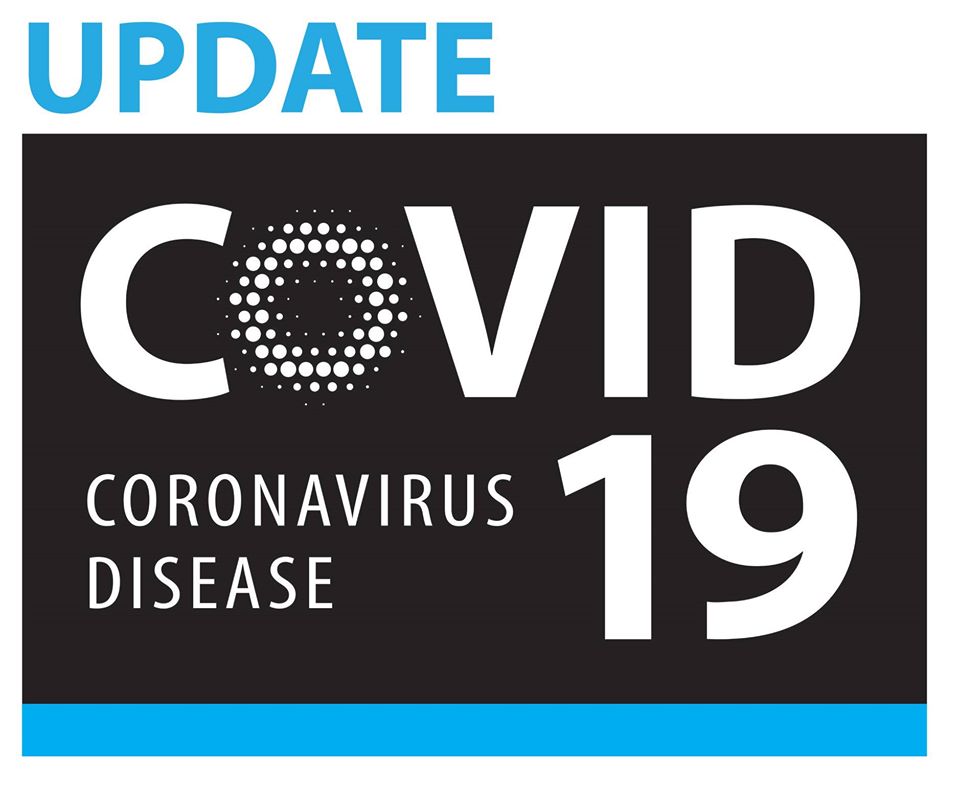DUBOIS – Coronavirus has reached Clearfield County.
During a teleconference with Penn Highlands Healthcare officials Tuesday, it was confirmed that a patient has been tested for COVID-19 and that test came back positive.
The only other information PHH was willing to give at the time, due to privacy regulations, was that the patient is not currently at any PHH facility.
So, what are officials doing to prevent the spread of the disease?
Dr. Shaun Sheehan, who heads the PHH Task-force for COVID-19, emphasized that safety is the health system’s primary focus: safety for patients, for staff and for the community.
A list of restrictions is available on the PHH Web site, www.phhealthcare.org, and include the following: no visitors at any hospital unless they fall under certain exceptions detailed on the Web site, single-point access to all buildings, screenings including verbal questions and temperature checks.
PHH has also cancelled many elective surgeries and is allowing providers to make determinations on the necessity of certain procedures on a case-by-case basis.
Support groups have also been cancelled as have non-essential meetings and other meetings are being conducted online or via teleconference.
Sheehan said just under 100 COVID-19 tests have been done in system and, except for the one case mentioned, those results that have returned have been negative.
But just because you feel sick doesn’t mean you should immediately get tested, Sheehan said, adding the first step is to stay home and call your primary care physician.
The doctor’s office will then ask you a series of questions and, from there, determine if you need to be seen or if testing should be done.
Symptoms to watch for include a cough, fever, shortness of breath and possibly other respiratory symptoms.
Sheehan acknowledged the difficulty of making a determination on symptoms alone, since they are similar to other respiratory infections, which is why it is important to call your doctor.
If symptoms become life-threatening, Sheehan advised to go to the emergency room immediately. The Centers for Disease Control and Prevention (CDD) lists difficulty in getting a breath, chest pain, confusion, etc. but adds that there could be other serious symptoms.
How can the public help?
Sheehan indicated there is a desperate need for blood, and asked that anyone who is able to contact the American Red Cross to make an appointment. Also, Sheehan encouraged the donation of personal protection equipment.
And, most important, Sheehan said is to wash your hands often, practice social distancing, disinfect surfaces daily and especially stay home if you are sick, regardless of what your illness may actually be.
If you should contract the virus, Sheehan directed to self-isolate at home as much as possible and to stay in contact with your doctor.
More guidelines can be found at www.cdc.gov.



